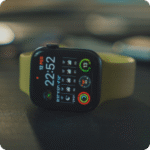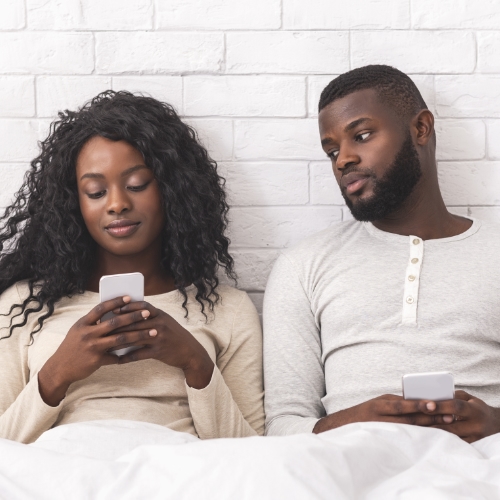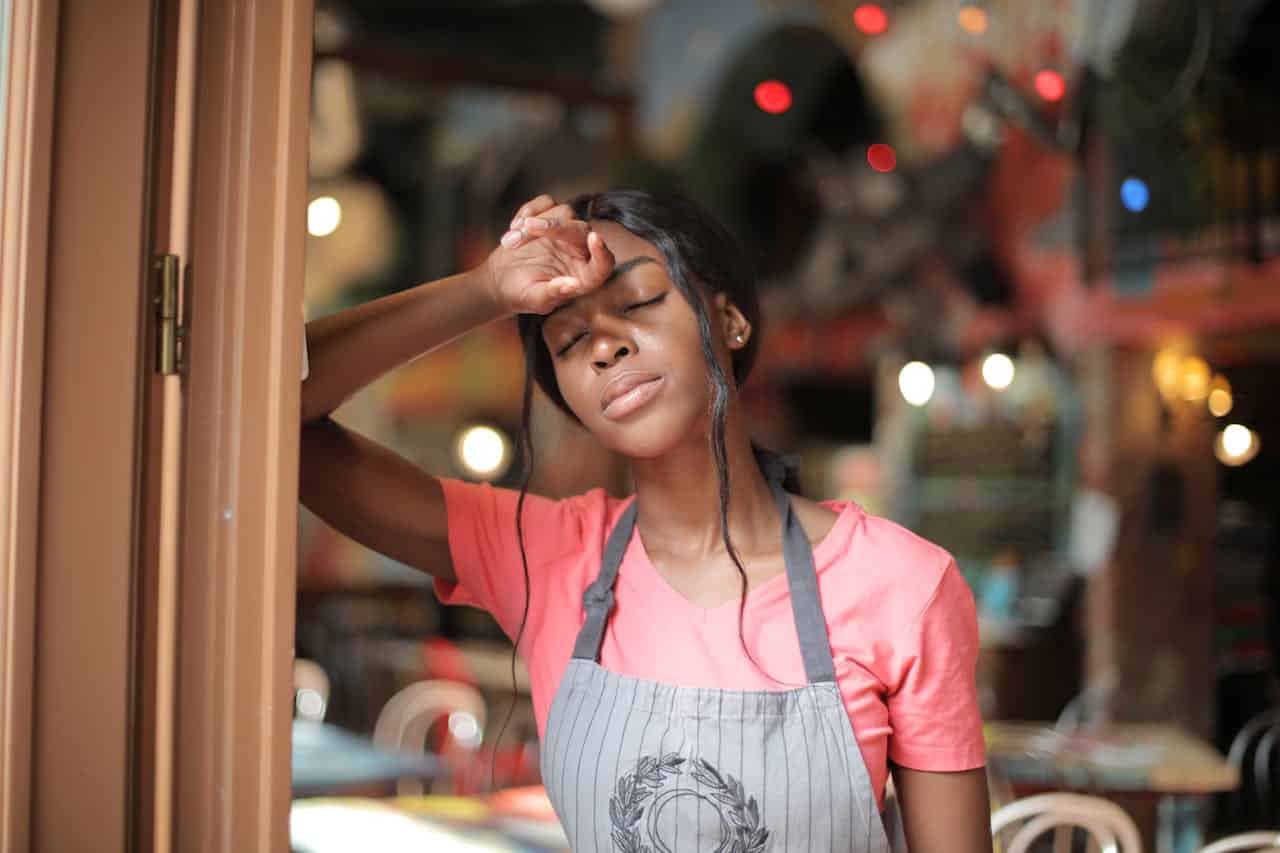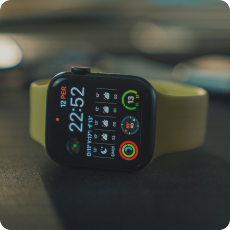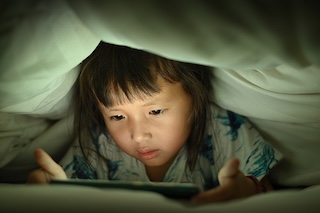The Signs and Symptoms of Social Media Addiction
The Signs of Social Media Addiction
Most users need to be wary of the signs mentioned below in their earlier stages. Users’ alertness will go a long way to help neutralize the addiction faster and before a stronger addiction appears. If any of these signs and symptoms feel too familiar to you, act fast! The sooner you act to stop social media addiction on its tracks, the easier it will be for you to either avoid it altogether or minimize its impact and harm. It’ll also make it easier to stop in the future.
-
Sharing Every Activity, you Undertake Anytime
By now am sure your mind is racing on that friend who you can keep track of all their minute moves. Alex, a renowned author of the book “The Distraction Addiction,” wrote that people are interested in the amount of fun they have or what they do online rather than what they do in the natural/physical world. We all desire to share our incredible experiences during the last vacations or social gatherings we attended. However, distractions caused by our smartphones when attempting to get the perfect shot makes us miss on more than what we gain.
-
Knowing a lot of Social Media Information about People who you have little information on them in the Real World
Pang, an Asian Scientist, reported that a vital indicator of social media addiction is having a vast knowledge of people’s social lives compared to real life. What they do, what they ate for breakfast, and which shop they get their merchandise from are readily available online. Such information usually open doors to a long-term intimacy, often not achievable with real-life friends.
Notably, knowledge about an individual without physically meeting them explains the time we spend on their social network platforms. Scholastic study conducted by Mr. Ayeni reported that 90% of teens using public networks concur that a large portion of social media users share too much information about themselves, their loved ones, and their surroundings. Therefore, the million-dollar question is, why do they do it?
-
Preparing Recipes and Cooking Clips to Share on Social Media Platforms
When making your finger-licking salad for lunch, between enjoying the salad peacefully or sharing it on your page, which one is more important? Furthermore, with the popularity and mass following on these sites, the food’s visual aspect overrules the practical one, eating. This notion has led to improper planning on the meals we wish to prepare, inappropriate shopping for ingredients which eventually leads to mass food wastage.
-
Feeling Uncomfortable when you Fail to Access your Phone
Have you experienced dissatisfaction when you fail to control Instagram when asked to stop at the traffic lights? Or are you unable to scroll through Facebook before you go to bed? Research has shown that an average person tends to check their phones every 12 minutes while one of them in every 10 persons tends to check theirs after every 4 minutes. Inability to access their phones leads to anxiety, which shows how dependent we are on social media platforms.
-
Unhappiness Caused from Comparing Yourself with Social Media Personas
Jealousy is the other sign that depicts the dangerous dimensions that social media dependence has placed over your life. Having the freedom to select what we desire to share online has opened the floodgates to creation of online personas. Even though we get to see a fraction of their real world online, we often choose to throw that fact under the bus and continue stalking them. Whenever you begin feeling jealous over your friends’ celebrations, homes, cars, and body measurements, your public network addition has probably gone overboard.





